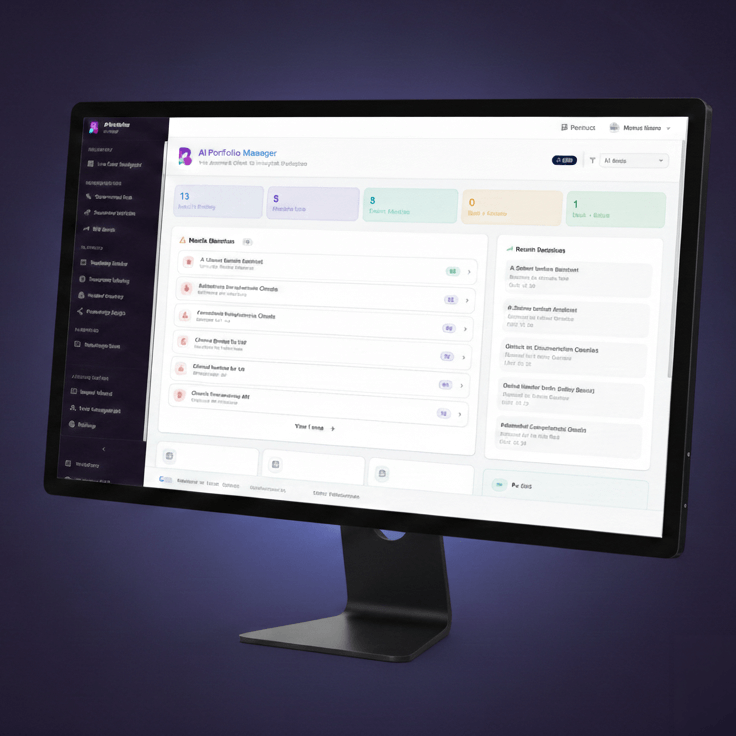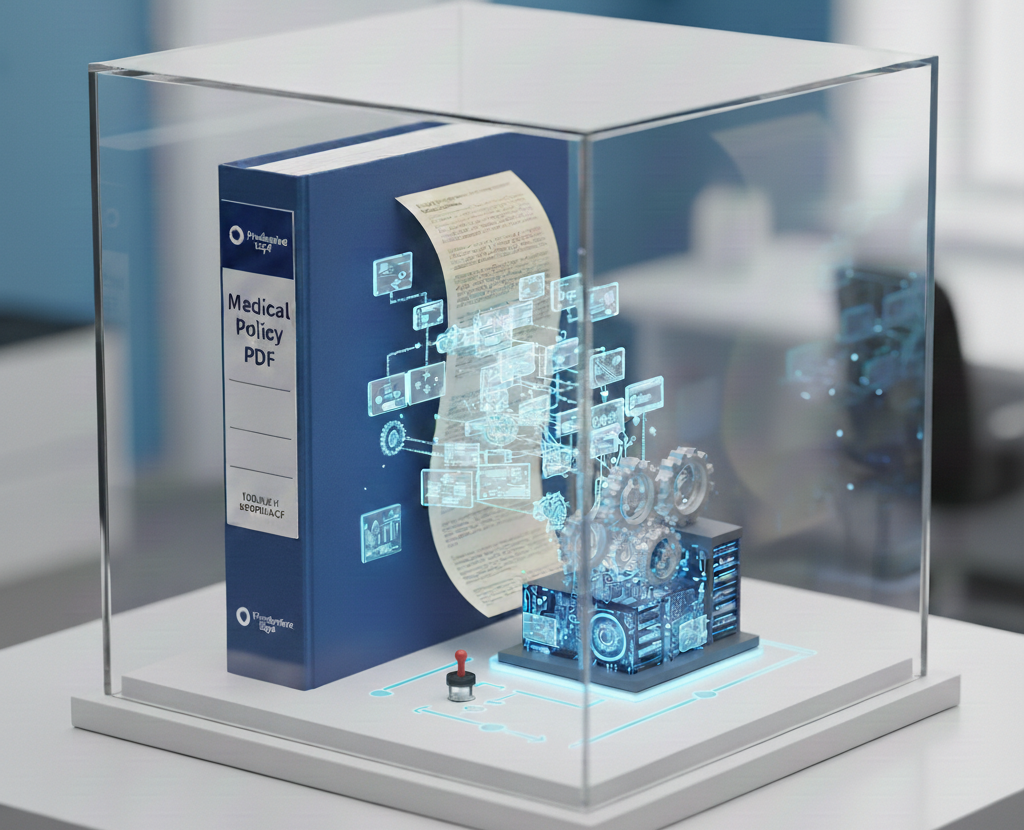The healthcare industry constantly evolves, striving to provide better patient care and outcomes. However, administrative tasks often present a significant challenge, consuming valuable time and resources that could be better spent on direct patient care. A report by McKinsey Center for US Health System Reform, published on October 20, 2021, suggests that administrative simplification could save an estimated $265 billion, or approximately 28% of annual administrative spending, without compromising quality or access. The report lays out a roadmap for capturing these savings through interventions such as reducing the number of prior authorizations and streamlining the claims process, all within the structure of today's US healthcare system.
As healthcare organizations search for technological solutions to alleviate the administrative burden and optimize their operations, generative AI emerges as a promising option. In this blog post, we'll explore how generative AI can address these challenges and highlight some of the innovative technology services we offer to help healthcare organizations harness the power of Artificial Intelligence.
The Administrative Burden in Healthcare
Healthcare administration involves many tasks, such as managing patient records, scheduling appointments, processing insurance claims, and coordinating billing. These tasks can be time-consuming and costly, often requiring dedicated staff and specialized systems. Moreover, manual processes are prone to human error, leading to inefficiencies, delayed reimbursements, and potential compliance issues.
McKinsey's report points to two key interventions to capture significant savings: reducing prior authorizations and streamlining the claims process. Prior authorizations, the process by which health plans require providers to obtain approval before prescribing certain medications or services, can be cumbersome and time-consuming. Streamlining the claims process, on the other hand, involves simplifying the submission and processing of claims for payment, which can reduce administrative costs, improve efficiency, and enable value-based care delivery. To achieve these goals, healthcare organizations can look to technological innovations like generative AI.
As Raheel Retiwalla, Chief Strategy Officer of Productive Edge, aptly says, "Generative AI has the potential to revolutionize healthcare administration, making it more efficient, cost-effective, and patient-centric. It's an exciting time for the industry as we explore new ways to leverage this cutting-edge technology to drive meaningful improvements in healthcare delivery."
How Generative AI Can Help
Generative AI offers numerous benefits that can help healthcare organizations overcome administrative challenges:
- Enhanced Efficiency: By automating repetitive tasks, generative AI reduces human error, and streamlines operations, freeing up healthcare professionals to focus on patient care.
- Improved Patient Experience: AI can personalize communication and engagement, resulting in higher patient satisfaction and better adherence to treatment plans.
- Data-Driven Decision Making: Generative AI's ability to analyze vast amounts of data quickly allows healthcare providers to make informed decisions about patient care, resource allocation, and strategic planning.
Our AI Solutions for Healthcare Organizations
To help healthcare organizations tackle administrative challenges and embrace the benefits of generative AI, we have developed a suite of tailored solutions. These offerings are designed to provide a comprehensive understanding of AI technologies, facilitate the identification of high-impact use cases, and demonstrate the potential of generative AI through hands-on experience. Let's explore our AI solutions and discover how they can empower your organization to thrive in the evolving healthcare landscape.
Presentation on Generative AI Applications in Healthcare:
- Gain a comprehensive understanding of generative AI technologies and their potential applications, enabling informed decisions for AI adoption and integration in your organization.
AI Use Case Hackathon:
- Identify high-impact AI use cases tailored to your organization's needs and develop an effective AI strategy by prioritizing initiatives that address specific challenges.
Three-Week Pilot Program:
- Experience a hands-on demonstration of generative AI's potential through the implementation of a selected use case, empowering data-driven decisions for further investment and AI integration.
Conclusion
Generative AI offers a promising solution to tackle the administrative challenges faced by healthcare organizations, as outlined in the McKinsey report. By embracing AI-driven solutions, healthcare providers can enhance efficiency, enable omnichannel engagement among patients, and make data-driven decisions that ultimately lead to better patient care and outcomes. Our tailored solutions are designed to help you harness the power of generative AI, transforming your healthcare organization for the better. To learn more about our offerings and how we can assist your organization, contact us today.
.png)



